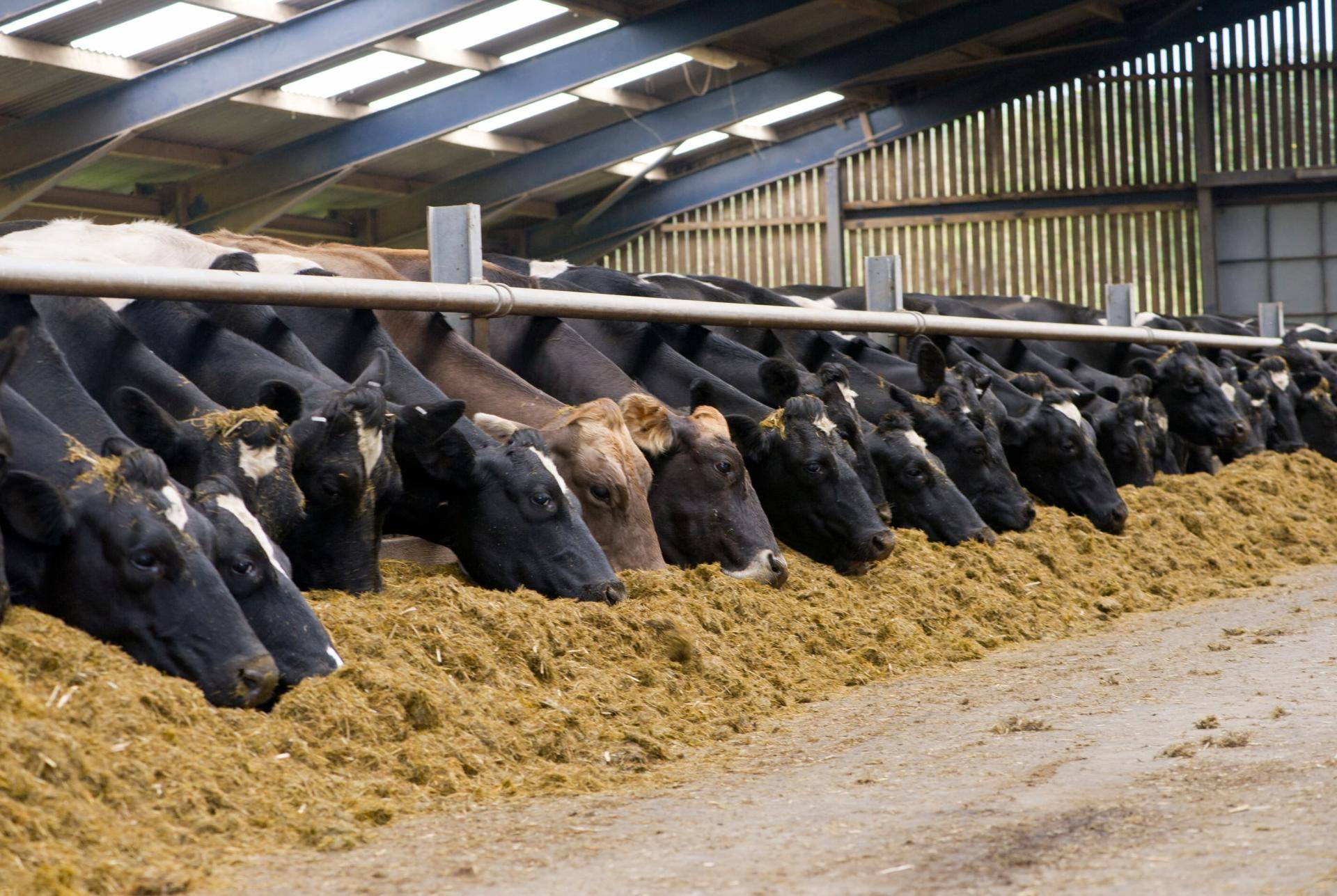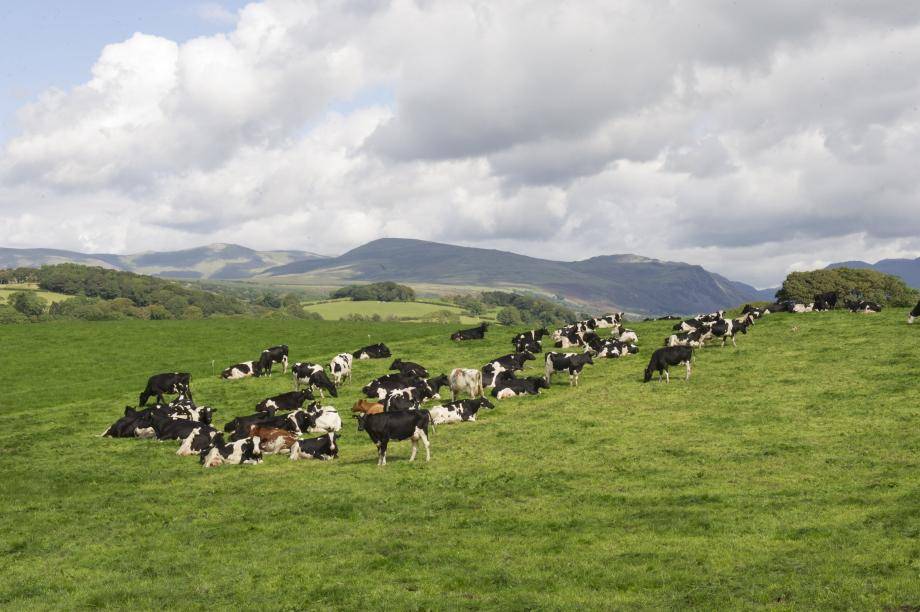Setting the standard for
CO2 reduction in dairy production

Setting the standard for
CO2 reduction in dairy production
As part of our mission to source milk in the most sustainable way possible, we teamed up with Agolin and Gold Standard in a pilot study.
Tackling emissions in dairy
Reducing our carbon footprint across our supply chain is a key target in our Forever Chocolate plan, and dairy is an important piece of this puzzle. Dairy products are a key ingredient in many of our chocolate products and it is also one of the major contributors to our corporate greenhouse gas (GHG) emissions footprint.
The use of animal feed additives - like Agolin - is widely recognized to reduce methane emissions in dairy cattle. However, in the past, there was no way to credibly verify this and thus assess the actual level of CO2 reduction within our supply chain.
Our VisionDairy Charter outlines our mission to source milk in the most sustainable way possible. As part of this work, Barry Callebaut teamed up with Agolin and Gold Standard in a pilot study to develop a methodology to quantify CO2 emission reduction in dairy cattle as a result of feed additives
Studies took place in two locations - the Netherlands and the US. The interventions were targeted at dairy farms that supply the processors where we source dairy products.
Closing a gap in CO2 accounting
Studies took place in two locations - the Netherlands and the US. The interventions were targeted at dairy farms that supply the processors where we source dairy products.
We collaborated with Gold Standard (GS), whose work centres on developing credible impact quantification, to develop a methodology to measure and substantiate CO2 emission reduction in the dairy cattle involved in the study.
In the Netherlands, 47 dairy farms took part in the study covering a total of approximately 7,600 cows. Using the methodology we developed with GS, it was verified that Agolin reduced 1,200 MT of CO2e between March and August 2020.
In the US study, 18 farms with around 7,600 cows in total participated. The GS methodology confirmed a reduction of roughly 500 MT of CO2e by the end of August 2020
I am very pleased that we have been able to develop a methodology with Gold Standard and Agolin to credibly quantify and certify CO2 reductions. This closes an important gap and provides a great basis for us to scale up this work with our partners.
For the very first time, we have a credible way to assess and certify CO2 insetting for the dairy producers within our chocolate supply chain.
And this is just the beginning of our journey. We are now looking to scale up this type of work with the farmers and dairy suppliers we already work with, while also turning to new regions to extend the reduction in CO2 from feed additives for dairy cattle in our supply chains.


